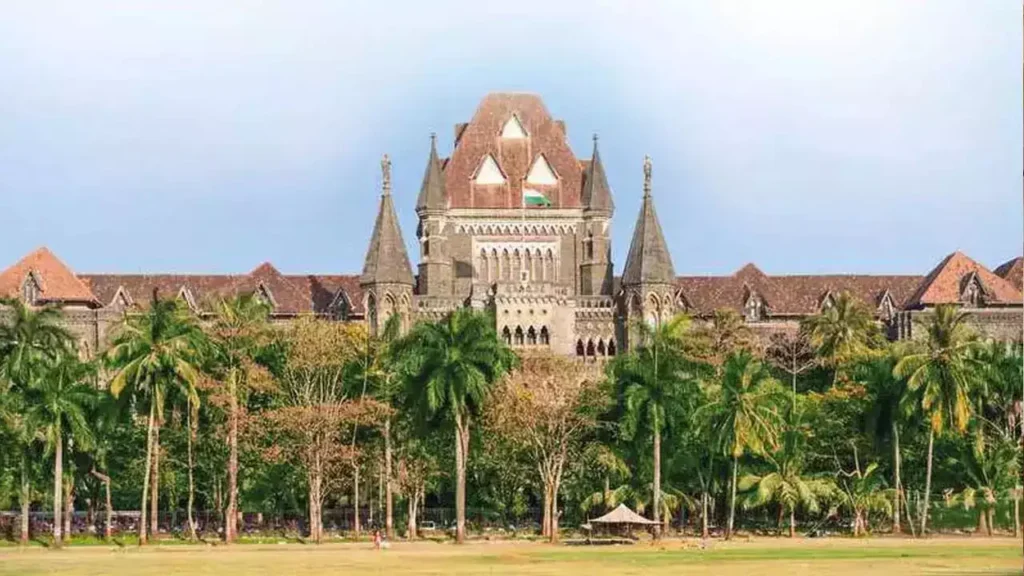
Mumbai: The Mumbai HC bench of Jutsice S M Modak, remanded the case of medical negligence of Ashirwad Heart Hospital back to the trial court and directed the trial court to re-examine the evidence placed on record including the reply given by the accused and the complainant during cross examination. The bench pointed out that the order should be based on the findings by the trial court after considering the materials brought before the court and should be reasoned based which is missing in the order. In this case the doctor and the hospital were exonerated by the trial court.
The case is of a patient who experienced symptoms of Transient Ischemic Attack (TIA) and was admitted to Ashirwad Heart Hospital in 1993. The complainant, a gynaecologist, stated that when she noted that her father, the patient, was perspiring and having difficulty in breathing, she consulted cardiologist and neurologist who diagnosed that the patient had suffered Transient Ischemic Attack (TIA) and recommended the ICU admission, but during the treatment the patient died. The complainant, the gynaecologist has alleged various acts of negligence which included the failure to hook the patient to a cardiac monitor; ignoring the history of stroke of the patient and continuing with drugs that are harmful for heart attack patient by the hospital. The hospital on the other hand defended the treatment offered to the patient and stated that the patient died due to “Cervical active cardiac respiratory attack”. The immediate cause of death was “brain stem infarct” and antecedent caused as hypertension and diabetes mellitus.
After hearing the counsel of both sides, the bench concluded that in this case the dispute is not about preposition that there can be judgment of the acquittal or conviction, but the issue in this case is trial Court is bound to consider the evidence adduced by the Parties in the judgment, which it has not done. The bench added that it has no doubt about the fact that evidence was very much available before the trial Court, but it needs to be dealt within the judgment, because it gives an opportunity to the Appellate Court to ascertain the correctness of the findings which is not seen in the judgment. The bench further said that in this case at no point of time trial court has dealt with evidence of the Complainant, the medical case papers produced by her and evidence of the accused. After dealing with them, the trial Court could have come to the conclusion that no case of negligence as contemplated under Section 304-A of the Indian Penal Code is made out but that is lacking in this order by the trial court. Whatever references are there is about factual observations not a single incident of omission is referred by the trial court. The accused has cross-examined the Complainant but trial Court could have dealt with the answers given during cross-examination also. It is same for evidence of the accused also. The accused is not required to enter into witness box but if he has entered, then the trial Court is required to consider that evidence including answer given during cross-examination. Considering the above facts the bench remanded the matter to the trial court and directed the trial court to speak about the findings after considering the evidence and after giving reasoning.
READ ALSO : Doctor in Pratapgarh, UP booked for sexually harassing 25 year old patient
The bench concluded by setting aside the the judgment passed by the Court of the Metropolitan Magistrate, 49th Court, Vikhroli dated 14/05/2013 in Case No.43/S/1994. The bench remanded the matter to the trial Court and directed the trial court to start from the stage of hearing the arguments of the Parties. The bench also fixed timeline for the trial Court and parties which is as follows – First, let both the Parties to apprise the Court about the evidence that is opening of the case within time limit of 15 days; Let the Complainant finish his arguments within 15 days thereafter; Let the accused even finish his arguments within 15 days thereafter; The Complainant can give a reply to the arguments of the accused within seven days thereafter; After that, let the trial Court to deliver the judgment
within a time limit permissible by law.